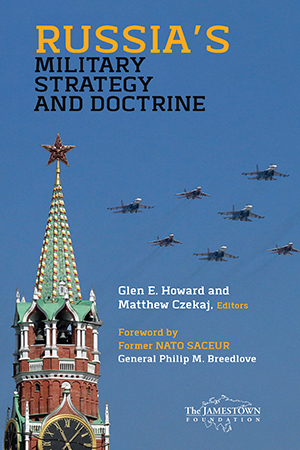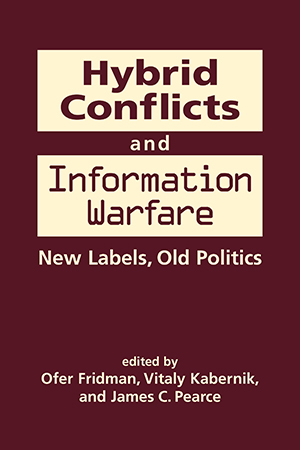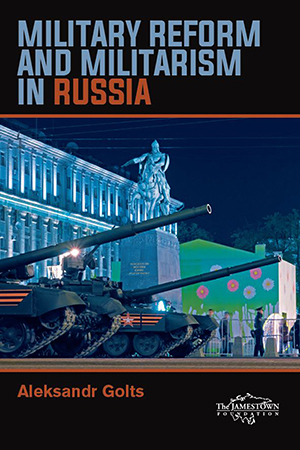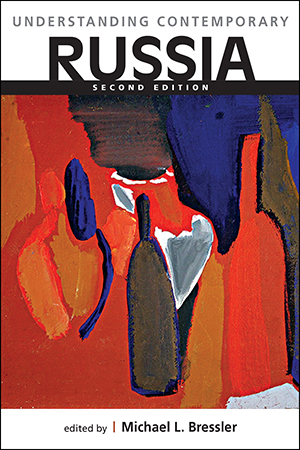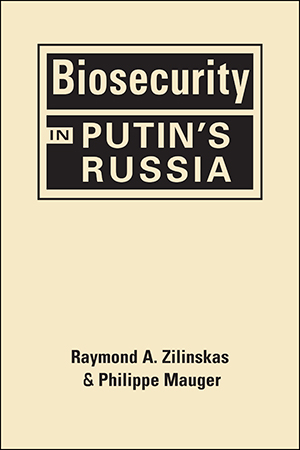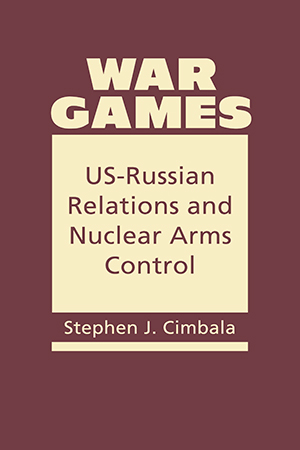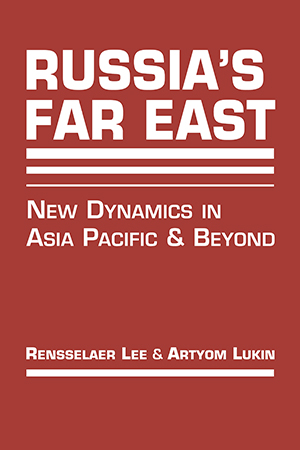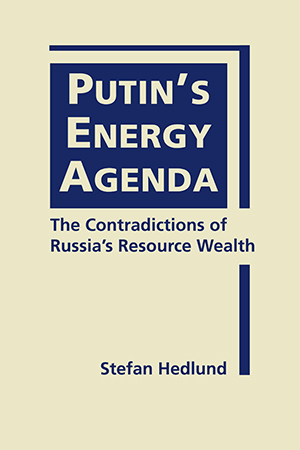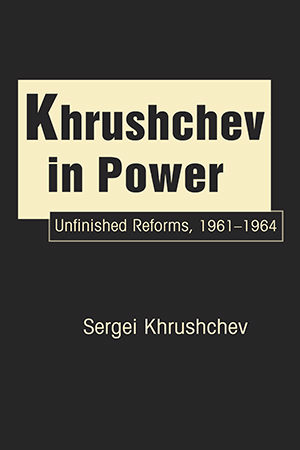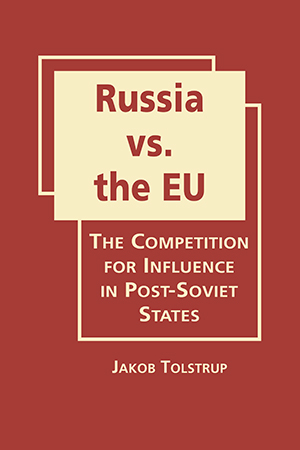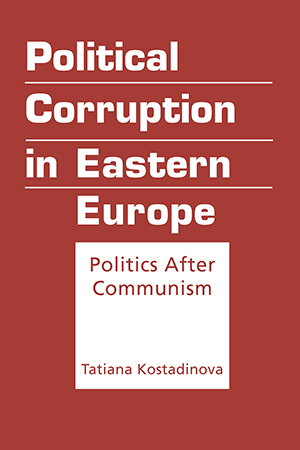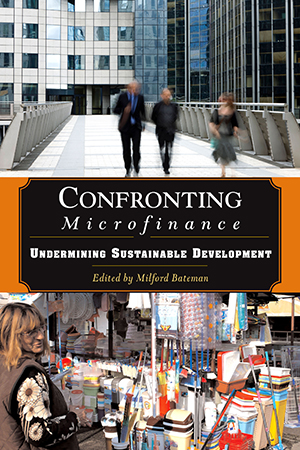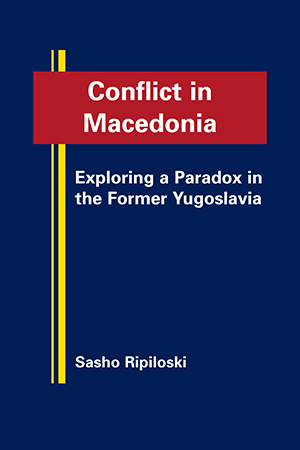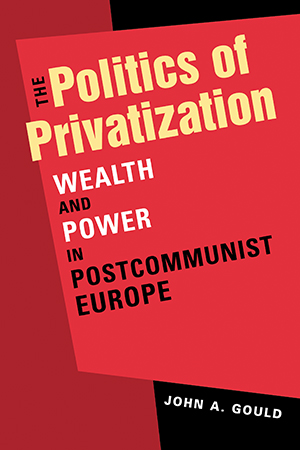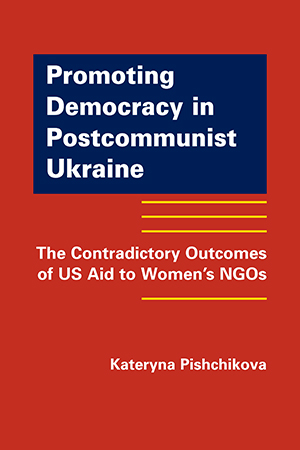Russia and the Former Soviet Bloc
How does Russia fight wars? How are its experiences with modern conflicts shaping the evolution of its military strategy, capabilities, and doctrine? Addressing these questions, the More >
What is hybrid warfare? And what role does information play in today's conflicts? In the context of the technological/information revolution of the last two decades—which has More >
Aleksandr Golts traces the evolution of the Russian military, from the collapse of the Soviet Union to the incursions in eastern Ukraine in 2014–2017. Golts also sheds light on the More >
Russia today is in many ways different from the country portrayed a decade ago in the first edition of Understanding Contemporary Russia. With an upsurge of both national pride—despite More >
In March 2012, at a meeting convened by the recently reelected Russian president Vladimir Putin, Minister of Defense Serdyukov informed Mr. Putin that a plan was being prepared for "the More >
Does it make sense for the United States to cooperate with Russia to resolve international security issues? Is it possible for the two countries to work together to reduce the dangers More >
The strategically pivotal Russian Far East—a vast expanse stretching from Lake Baikal to the Pacific Ocean—is notable not only for its rich natural resources, but also for the More >
The sudden arrival of massive energy wealth during Putin's long reign has turned Russia's focus to resources, with some good and some very bad results. Considering why the More >
A full reckoning of Nikita Khrushchev's accomplishments and failures cannot be complete without looking beyond his foreign policy initiatives to assess his efforts to introduce domestic More >
Do Russia and the European Union have any substantial influence over the political trajectories of post-Soviet states? Shedding new light on the interplay between domestic and external More >
Why has political corruption emerged as a major obstacle to successful democratic consolidation in Eastern Europe? Exploring the origins, scope, and impact of political corruption in the More >
Despite the popularity of microfinance as a tool for economic development, there has been little analysis of its foundations or its real effectiveness in fighting poverty. Attempting to fill More >
How did Macedonia attain its status as the only Yugoslav republic to achieve a nonviolent transition to independence in the early 1990s? And why did the initial peace fail to More >
In this remarkable story of postcommunist politics gone wrong, John Gould explores privatization’s role in the scramble for wealth and power in postcommunist Europe. Gould engages More >
Considerable material and human resources are devoted to building democratic institutions around the world. Why, then, do assistance programs fail to meet their proclaimed goals? And why More >


